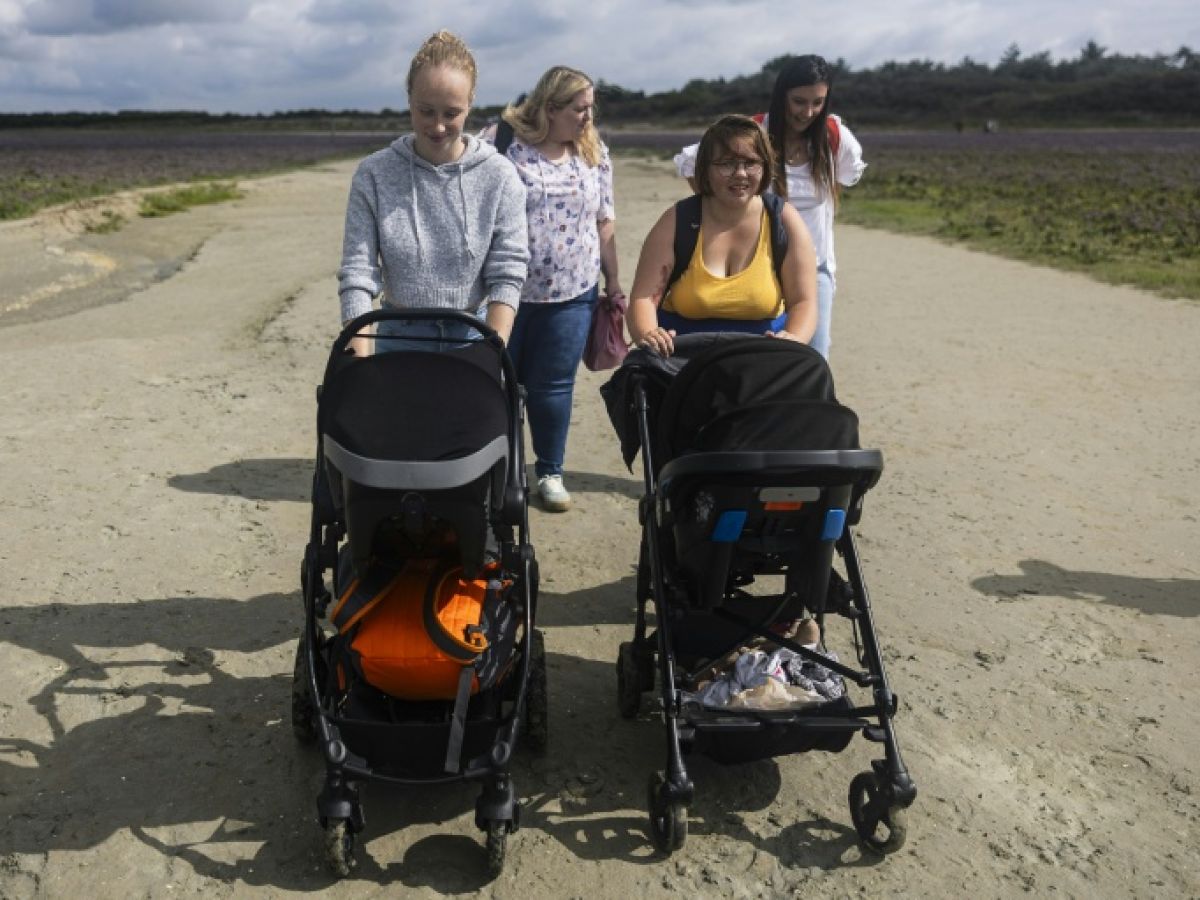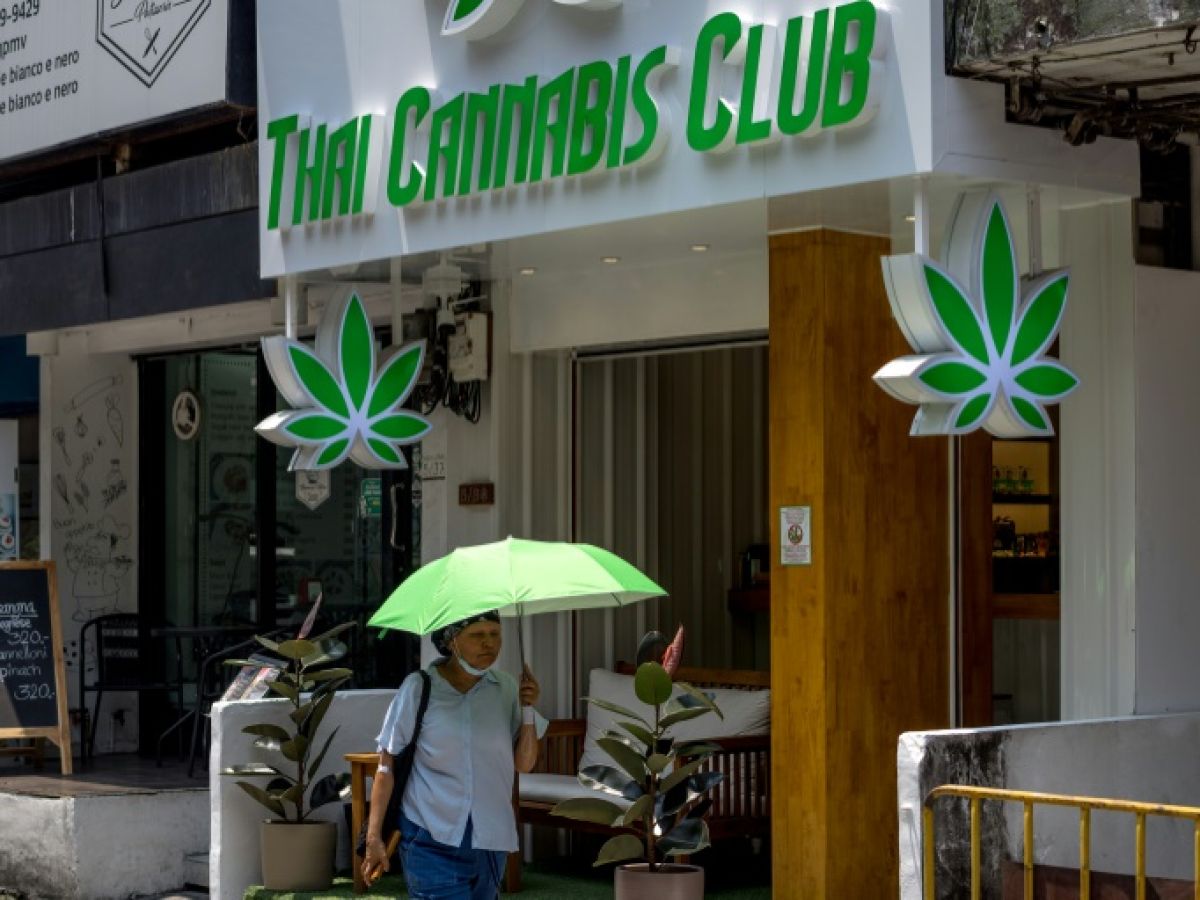"After giving birth, I no longer had any friends": as with Bérénice, early motherhood leads to isolation and dropping out of school. This observation is the origin of a support program for teenage mothers in Pas-de-Calais.
Hats, sunscreen, diapers... One afternoon in June, young girls and their babies explore the Saint-Omer marsh in a boat.
This was one of the activities offered to these very young mothers during a short stay organized by the support service for high school and middle school mothers (Samelyco) in Pas-de-Calais.
Samelyco allows you to "see other mothers," says Bérénice, pregnant at 20 with her second child, her two-year-old daughter clinging to her legs. "After giving birth, I no longer had any friends. They weren't mothers, they didn't understand why I put my daughter first."
In a Hauts-de-France region among the most affected by teenage pregnancies, Pas-de-Calais is one of the rare French departments where such a service emerged, in 2023, thanks to the Pep62 association, committed to the education of children.
Similar structures exist in Aisne, Moselle and Ile-de-France.
The Pas-de-Calais study is monitoring around a hundred young girls, all volunteers. The youngest is 12 years old, and the average age is 16 years and three months.
Referred mainly by the National Education and Maternal and Child Protection (PMI), adolescents can be monitored from their fourth month of pregnancy - a stage where they are sure not to terminate it - and until the child is three years old.
Before the creation of Samelyco, more and more pregnant teenagers were requesting the home educational assistance service (Sapad), created by the National Education system for sick students, explains Yohann Reisenthel, general director of Pep62.
While its initial goal is to prevent school dropouts, Samelyco also directs teenage girls to the right people for housing and health care. It also focuses on peer support, bringing these young girls together.
Funded in particular by the Regional Health Agency, the departmental council and the Raja-Danièle Marcovici Foundation, the service maintains limited resources, approximately three times lower than those of its Parisian equivalent for the same number of adolescent girls monitored, underlines Mr. Reisenthel.
Anne-Marie, 16, mother of a six-month-old baby, had to interrupt her vocational training certificate (CAP) as a maintenance worker but will resume her studies in September, with a modified schedule. "It will be good to have my mind elsewhere" rather than solely focused on her role as a mother, she rejoices.
– Denial –
Many of them experienced pregnancy denial. "At 10 p.m., I learned I was pregnant, and at 11:31 p.m., I gave birth," summarizes Lou-Anne, 17, whom I met in July during an excursion to the Bay of Somme organized by Samelyco.
She left her baby anonymous for three days. Then, "I made the decision to take him back and keep him," the teenager confides, gazing at her now 11-month-old son.
Today, she is preparing to repeat her final year in a vocational baccalaureate in personal services and is looking, with the help of Samelyco, for a house to move into with the child's father.
In France, the birth rate among women under 20 years old has fallen from 7% in 1973 to less than 2% in 2018, largely due to the legalization of contraception and abortion, according to INSEE. These births remain more frequent in northern France, certain rural departments, and overseas territories.
Sarah, 19, mother of a one-year-old blond boy, counts seven teenage girls who became mothers at the same time as her among her former classmates.
"There are young girls for whom being pregnant is a choice, even at that age, because they think that being a mother will bring them something they didn't have, a status," notes Augustine Pichonnier, who is responsible for the Boulogne-sur-Mer and Saint-Omer sectors at Samelyco.
However, at school and elsewhere, the gaze of others sometimes weighs heavily, the teenage girls testify.
Fathers, on the other hand, are rarely present. "When dad wants to work with us, we work with him," summarizes Marc Planchon, head of education and leisure at Pep62.
"We managed to set up Sapads for dads. In the first few months, we had 35% dads, but (out of the 100 teenage girls we supported), I think we still have seven dads who are being followed up."

